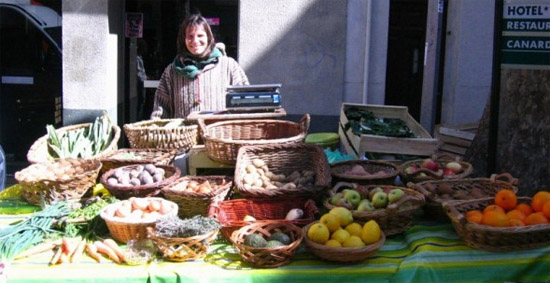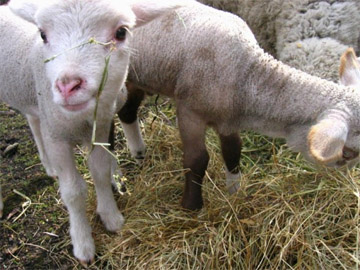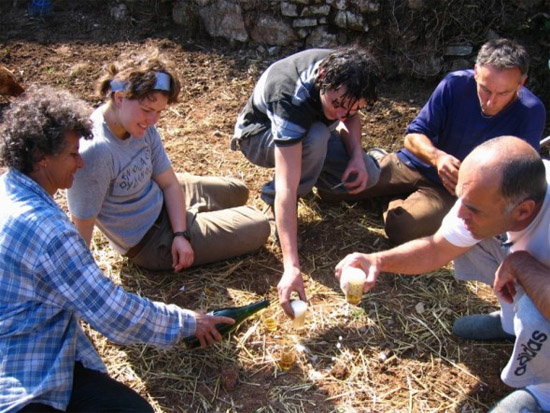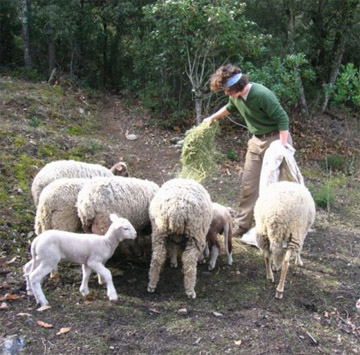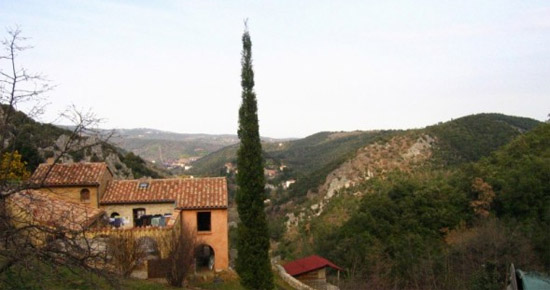Photo by Elsie McIverSelling organic produce
If a picture is worth a thousand words, then France just might be the word worth a thousand pictures.
The world’s most popular tourist destination manages to seduce a lot of people, be it because of the language, the countryside, the French joie de vivre or simply the wine. But France is more than the glittering lights of the Eiffel Tower and a Nutella slathered baguette.
